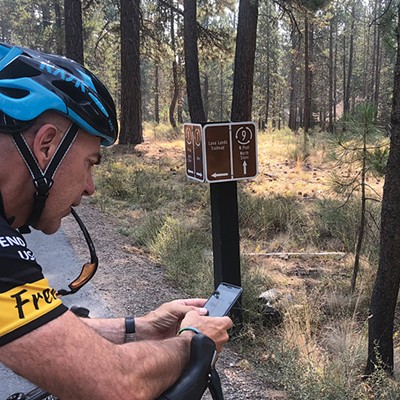It’s the classic entrepreneur’s dilemma – how to turn a passion into profits. It’s a question that many homebrewers are apparently pondering. For industrious home brewers wanting to test the waters of production with an investment in the $5K - $25K range instead of the minimal $50K involved in starting a larger brewery, nano brewing provides a market test without losing ones’ proverbial shorts.
According to “The Great Nanobrewery List: From CA to MA,” from Hess Brewing in San Diego, there are 84 U.S. nano breweries in operation and an additional 51 still in the planning stages. Founder Mike Hess counts an average of two new nano breweries a week contacting him.Although the Alcohol and Tobacco Tax and Trade Bureau (TTB) simply defines nano breweries as “very small operations,” the growing culture has defined the guidelines of these fully licensed and regulated breweries as those who brew with a less than “four barrel” (470 liters) system, leaving the door wide open for hop tamers to dub themselves and climb on the bandwagon that benefits not only their bottom line, but local economy as well. Nano brewing supports tangent businesses geared to educated foodie culture, and transport systems hailing celebration and self-indulgence, such as Cycle Pub, Sober Dudes ride service, Bend Brew Bus, and the Bend Ale Trail.
Redmond’s Shade Tree Brewing owner Larry Johnson chose to partner with Phat Matt’s Brewery to ease the journey of his nano start-up. Though Johnson had amassed a booty of skills essential to success, he felt the need to ease the process by handing off some of the more challenging legal aspects of production to a partner, explaining the hassle of a six month process just to earn a brewer’s notice, among a list of additionally consuming duties such as creating and maintaining the intricate plumbing and electrical system required for commercial brewing, nano or otherwise. Brewing in a facility with legal hurdles already cleared frees him up to focus on other things.
Johnson’s resume includes a business degree from Oregon State, a deep knowledge of the brewing process used in his home brew shop and a tour guiding stint at Deschutes Brewing. In an environment of valves and vats, Johnson’s gear head tendencies and experience as an auto mechanic at a local Chevy dealership have dovetailed with his brewing hobby. Working with the crew at Phat Matt’s has allowed Johnson’s to pair his five-barrel system and Phat Matt’s 20-barrel mash tuns to increase brewing capacity.
Johnson and Marketing Manager Jesse Sweetman focus on crafting and getting the fine quality brew to its thirsty and hopefully growing audience. Johnson explains that this isn’t so easy for some nano start-ups struggling to stay within important perimeters, the required sewer system and separate building structure being tricky issues, and the fact that the TTB can and will legally stop by anytime to inspect these “home-based” businesses.
Sweetman and Johnson became friends through membership in Central Oregon Home Brewer’s Association. Sweetman has a social media background and experience using word-of-mouth marketing to reach the masses, particularly the Gen Xers and members of Gen Y who are always looking for something new to slake their beer lust. Sweetman says being a nano producer allows Shade Tree to break out of the standard parameters and reach the kind of afficionado who asks, “This is a great vanilla porter, but do you have something in a banana-flavored hefeweizen?” Johnson adds that their market also happens to be those who will travel to the beer, wherever it is.
As with other elements of the craft brewing scene in Central Oregon, nano brewing appears to be on the upswing.
Dean Wise started Below Grade Brewing in Bend with an approximate investment of $5K, which currently produces and sells at a rate of eight barrels a month from his basement. Though he never thought of himself as a nano brewery, he fits the profile and says operating at a nano level as a licensed business has allowed him to answer perhaps the most important question involved in business risk: if I make more, will you buy it? So far, with a revved up start from his first sale to Newport Market for 50 cases and consistently growing demand, he is selling everything he makes, and now wonders again, “If I make more, will you buy it?” Wise turned down an offer to join a co-op brew house because he wanted to have full control over all elements of production with his wife, who is also his business partner.
Nano On The Web
Mike Hess supplies a thorough blog detailing his own nano brewery start-up process at hessbrewing.blogspot.com for education on this promising trend.



















